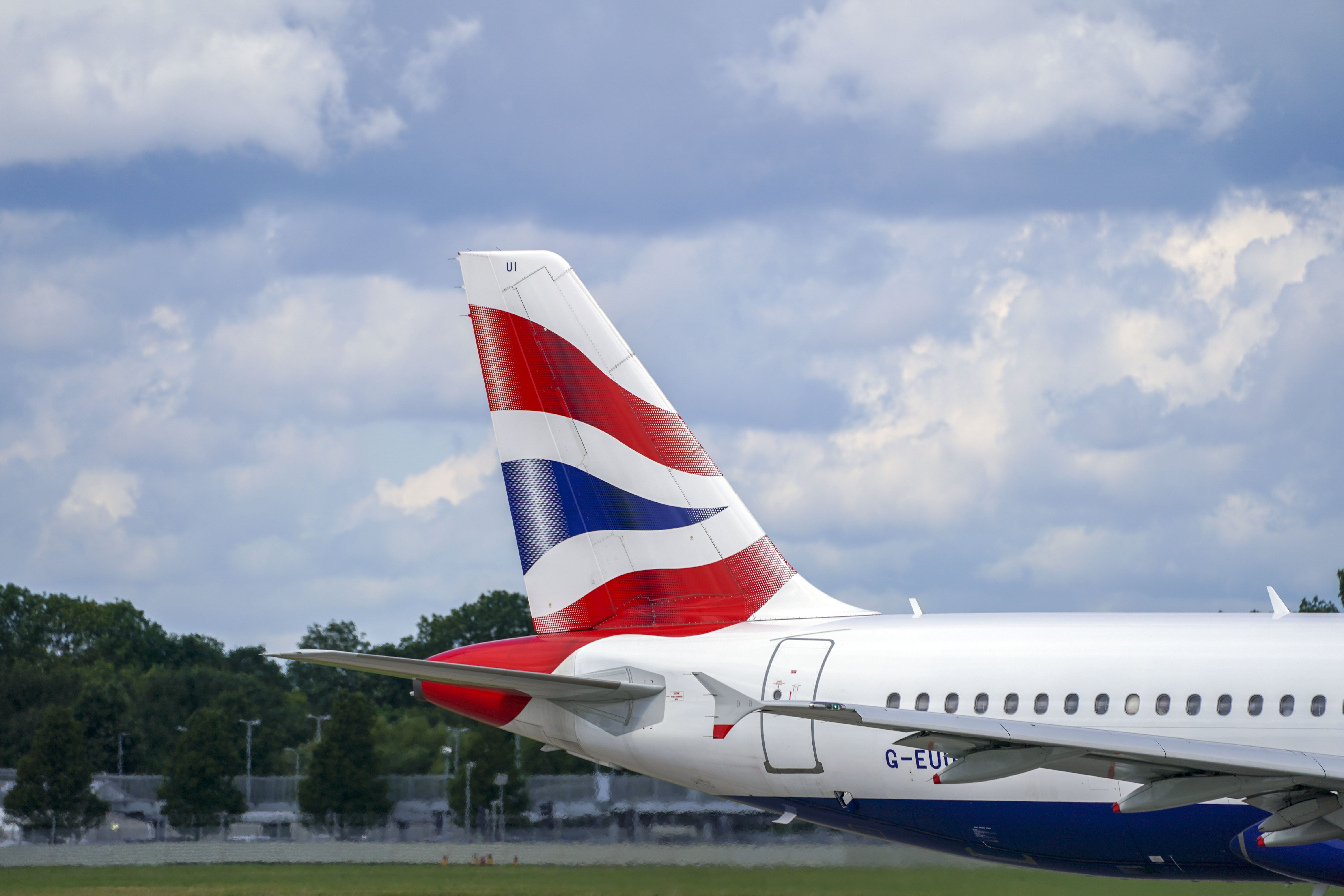British Airways considers axing Heathrow flights due to hike in charges
IAG chief executive Luis Gallego said the west London airport’s fees are already among the highest in the world.

Your support helps us to tell the story
From reproductive rights to climate change to Big Tech, The Independent is on the ground when the story is developing. Whether it's investigating the financials of Elon Musk's pro-Trump PAC or producing our latest documentary, 'The A Word', which shines a light on the American women fighting for reproductive rights, we know how important it is to parse out the facts from the messaging.
At such a critical moment in US history, we need reporters on the ground. Your donation allows us to keep sending journalists to speak to both sides of the story.
The Independent is trusted by Americans across the entire political spectrum. And unlike many other quality news outlets, we choose not to lock Americans out of our reporting and analysis with paywalls. We believe quality journalism should be available to everyone, paid for by those who can afford it.
Your support makes all the difference.British Airways will consider cutting Heathrow flights if proposed increases in charges are implemented, the boss of the airline’s parent company has claimed.
IAG chief executive Luis Gallego said the west London airport’s fees are already among the highest in the world and are becoming “more and more expensive”.
In response, Heathrow compared itself to a high-end supermarket, saying that budget chain Aldi “offers great food” but many people are “very happy to shop at Waitrose and appreciate the value for money they get”.
In October, the Civil Aviation Authority (CAA) announced a plan to raise the cap on the airport’s average charge per passenger by up to 76%, from the current level of £19.60 to between £24.50 and £34.40.
Hiking charges will not help. It will not attract demand
Mr Gallego said Heathrow gives the UK’s aviation sector a “major advantage”, but warned that “we need to attract demand to stay competitive”.
He told the Airlines 2021 conference in Westminster that two out of five people passing through the airport are taking connecting flights, and “could easily go by other, more competitive hubs”.
He went on: “Hiking charges will not help. It will not attract demand – it will have the opposite effect.
“If the rise in landing charges goes ahead, I know IAG will not be alone in reconsidering our airlines’ use of Heathrow.”
British Airways is based at Heathrow, and is the airline with the most flights from the airport.
Mr Gallego’s predecessor, Willie Walsh told the audience that the UK’s aviation sector risks “shooting everybody in the foot” by allowing Heathrow to hike charges, as passengers “have an option to go somewhere else”.
Mr Walsh, who is now director-general of airline trade body the International Air Transport Association, added: “You can make a strong case that not only should airport charges not go up, but in fact I think you could argue that they could come down and Heathrow could continue to be fully financed.”
Heathrow passengers want a reliable, quality experience. The higher charge will enable us to deliver key investments in the next five years to protect passenger service
Speaking at the same event, Tim Alderslade, chief executive of trade body Airlines UK warned that the level of Heathrow’s fees threatens the viability of its expansion project.
He said: “Their inability to keep their charges under control will be the death of runway three.”
In response, a Heathrow spokeswoman said passengers “know when they’re getting a raw deal” as she claimed the proposed increase in charges of up to £15 is “not comparable” with airlines charging “over £2,000” for economy class air fares on US flights over Christmas.
She went on: “It’s true that Heathrow is proposing a higher pandemic price increase than continental airports, but we are neither state-owned nor have we received billions in state aid during the crisis – we rely entirely on private investment.”
Heathrow’s owners include sovereign wealth funds from China and Qatar, Spanish construction firm Ferrovial and large infrastructure funds.
The spokeswoman said higher charges will enable the airport to “deliver key investments in the next five years to protect passenger service”.
She added: “Just as Aldi offers great food, plenty of Brits are still very happy to shop at Waitrose and appreciate the value for money they get.”
Under the CAA’s proposals, Heathrow’s exact charge will depend on factors such as passenger demand and commercial revenue, with prices higher if the airport continues to struggle in those areas.
The range is planned to come in effect from summer 2022, with an interim cap of £30 being introduced on January 1.
Charges are paid by airlines but are generally passed on to passengers in air fares.
The airport said last month that its losses from the Covid-19 pandemic had hit £3.4 billion.
Passenger numbers in October were 56% down on pre-pandemic levels.